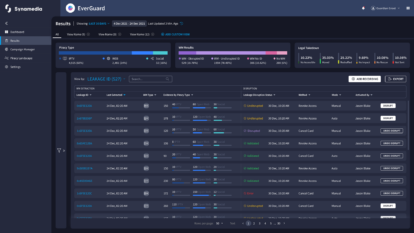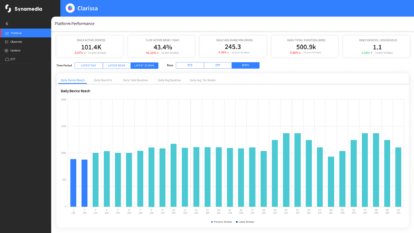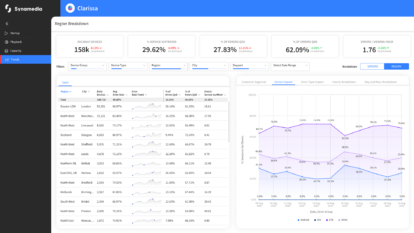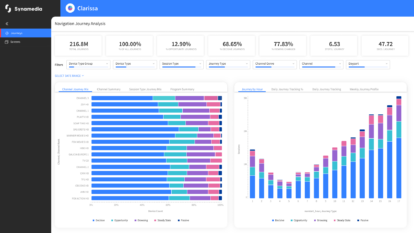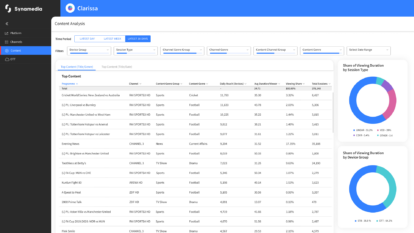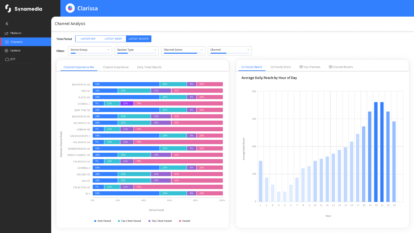- February 28, 2023
- 16:00:00 GMT
No laughing matter: pirates enjoy comedy
Did you know comedy is the most pirated genre? While sports piracy has attracted much attention, new research from Synamedia finds it is dwarfed by the scale of entertainment piracy.
New research conducted by Ampere Analysis across Brazil, Germany, India, Italy, Thailand, UK and US accurately determines how consumers would behave if piracy was blocked, taking into account variables from cinema attendance to subscription churn.
Ampere Research will join Synamedia in a fireside chat to discuss these findings and the implications for your business.
Available on demand
Speakers:
Simon Brydon, Senior Director, Security – Sports, Media & Entertainment
Guy Bisson, Executive Director & co-founder, Ampere Analysis
Forthcoming Webinars

Unlocking Success with Small Business Broadband – Episode 2: The Operator Perspective
Find out more
SaaS: Beyond the Basics – Episode 1: Deliver Exceptional Fan Experiences with Synamedia Quortex
Struggling with live sports content delivery? Join our exclusive webinar and discover how Synamedia Quortex can help you handle peak demand, ensure security, and bring new content to market faster. Don’t miss out—register today to gain a competitive edge in sports content distribution!
Find out more
